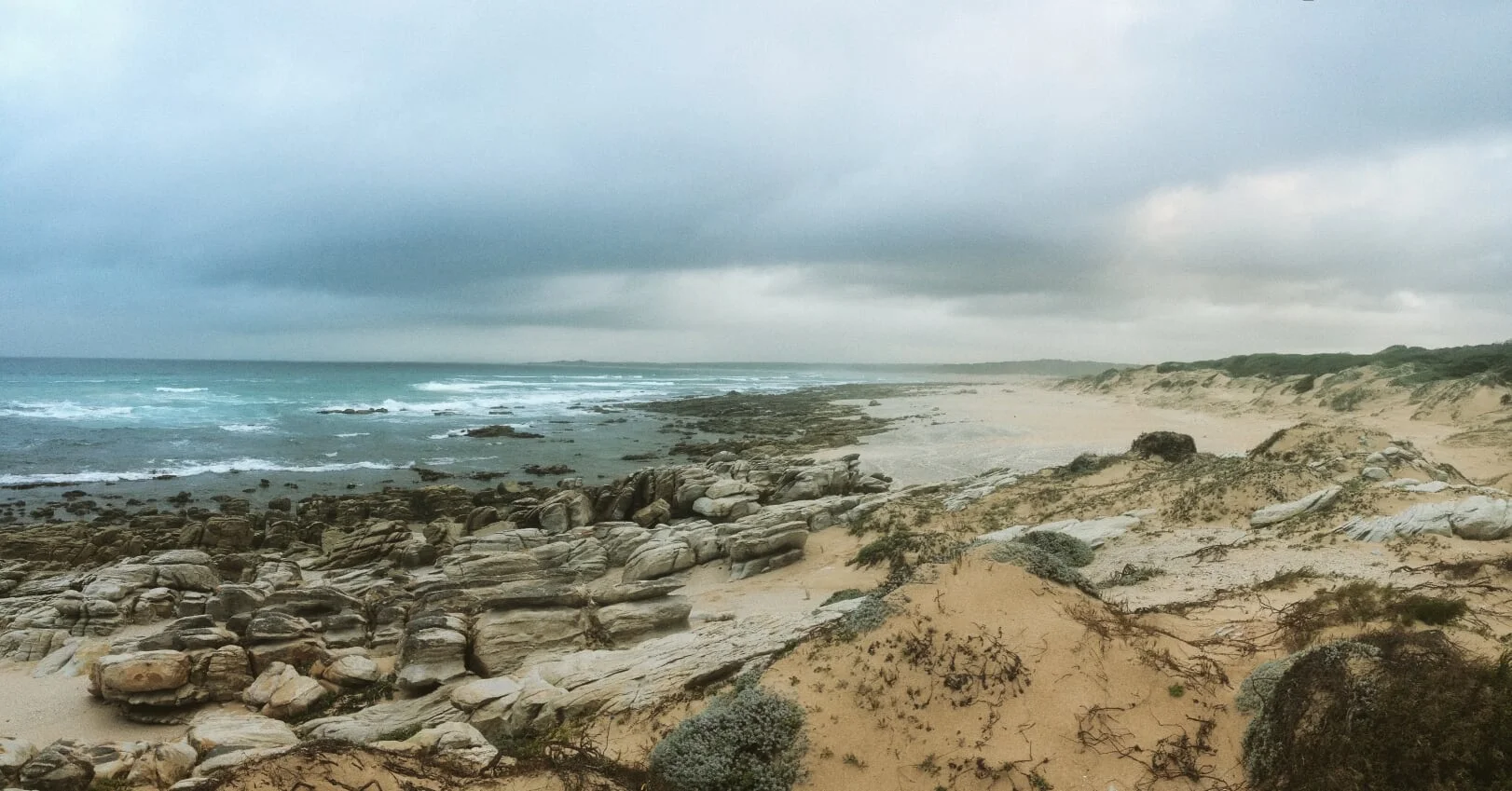The Ocean: One Big Rubbish Dump
Thomas Morris
“… there is only one pollution, because every single thing, every chemical whether in the air or on land will end up in the ocean”
Land based pollution is said to account for 77% of all pollution impacting our oceans. This pollution is derived from human settlements, land use, construction of coastal infrastructure, agriculture, forestry, urban development, tourism and industry. It is something we here at TMD feel very strongly about. Just go into our blog archives and see how we have researched the how to travel more environmentally friendly, change our lifestyles to live plastic free, or even live a zero waste lifestyle.
Photo: Thomas Morris
Plastic pollution is the poster child for marine threats so I’ll leave the rest of the media to hammer that message home. Therefore, in this our first article on Threats to the Ocean, we’ll address Toxins, Eutrophication and Noise pollution.
Toxins
These are compounds, like plastic, that don’t degrade or disintegrate rapidly. They hang around over time impacting the marine realm in a multitude of ways. These compounds include pesticides, hydrocarbons (e.g.: PAH’s), phenolics (e.g.: PCB’s), sewage, heavy or trace metals – to name a few. I personally have seen the devastating effects of an oil spill on sea bird populations and have assisted in the cleaning, recovery and release of 40 African Penguins after such an event. It’s not fun, it’s not cheap and it can be prevented. Another area that I have measured the effect of toxins is through my work with heavy metals in my MSc.
Trace or heavy metals have become important pollutants to measure and monitor for a number of reasons. Firstly, for the past decade they have been shown to increase dramatically worldwide, particularly from land based activities. Secondly, they degrade very slowly and therefore move across marine ecosystems and through organisms. Finally, metals accumulate within animals, and as a result can be transferred along food webs, concentrating the further up the food web you go.
What makes these compounds particularly interesting is that all life needs some of these metals to survive. The role that essential metals (e.g.: cobalt, chromium, copper, manganese, nickel, selenium and zinc) play in biological functions include helping in physiological processes, development of respiration and reproductive function and being an integral part of protein and enzyme functionality. Yet, as these compounds accumulate, they become toxic and cause the opposite effect, inhibiting enzyme function resulting in morphological changes, constraining growth, changing behaviour and in extreme cases, resulting in death.
Eutrophication
This is a result of an increased release of chemical nutrients (e.g.: nitrogen and phosphorous). With the increasing use of fertilizers in agriculture and waste from livestock farms washing into catchment systems, rivers then transport these nutrients into the oceans. These compounds give an unnatural boost to the local ecosystems, increasing micro-organism development, depleting the area of oxygen. These out breaks cause severe water quality issues that affect local animals, causing mass mortalities and movement of species out of these areas. Ever heard of a red tide algal bloom? Lobster walk outs? These can be a direct result of eutrophication.
Underwater Noise
Ever been underwater and a boat goes over head? Ever tried to identify where the boat is without seeing it? The underwater environment is much denser than air, and the energy of sound is conserved for great distances … our ears aren’t sensitive enough to tell distance from sound underwater. But marine organisms can. Now, imagine living in the deep seas where there is no light, and the only way to find a mate or food is through sound? How can you organize a collaborative hunt if you need to shout over the ambient noise? If we consider the sound of passing ships, boat and other craft, seismic surveys for oil exploration and low frequency sonar, animals are increasingly struggling to hear each other over the cacophony of noise created by humans.
What can you do?
The above makes for depressing reading. So what can you do? There is tonnes of information on living a more environmentally conscious lifestyle. This particularly revolves around plastic reduction. But what about the rest? To speak about plastic pollution is great, but how about informing people about the rest. Educate whoever you can about these other issues and try to split your focus across them. Find out what your government representatives are doing to mitigate these issues so as to put this in the forefront of their minds.
Finally, there is still so much researchers don’t understand about the impacts of pollution on the marine environment. So see if you can take your research into this area so you can be better informed of local impacts of pollution. Use the information to inform local government on the state of your sites and the impacts pollution are having on local ecosystems and the role those ecosystems play in benefitting their constituents.

